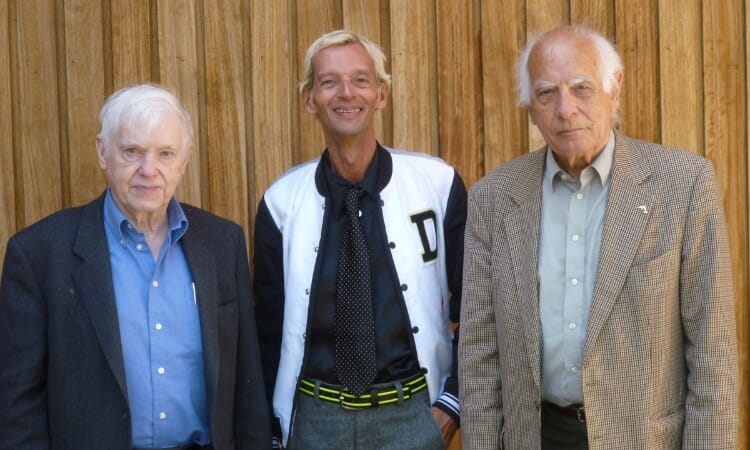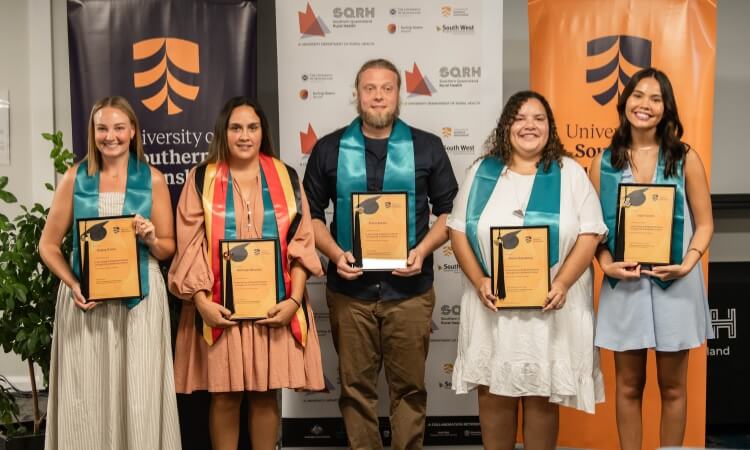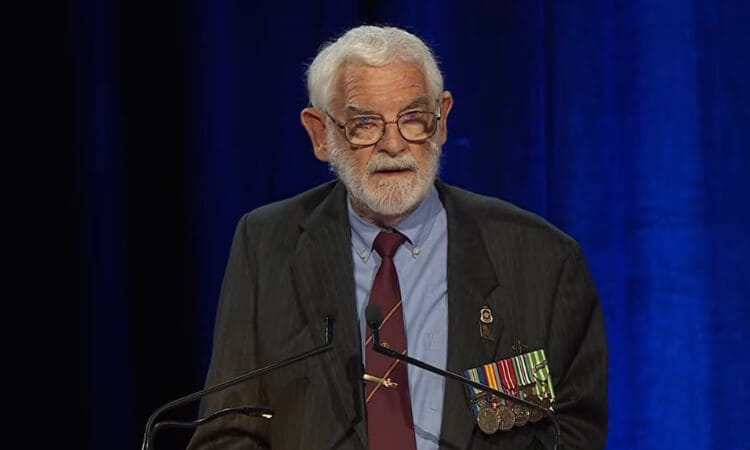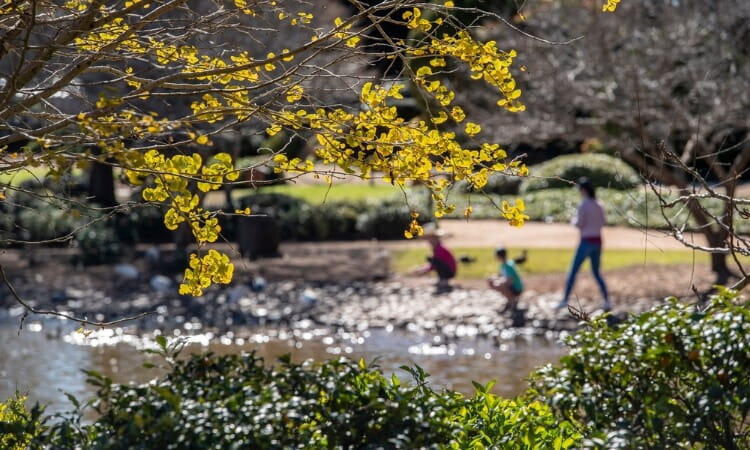A lifelong fascination with celestial objects has led University of Southern Queensland (UniSQ) alumnus Dr Clifford Cunningham to become a leading historian of astronomy, shedding new light on our understanding of asteroids and ancient stargazers.
Dr Cunningham – an Adjunct Research Fellow with the Astrophysics Group in the UniSQ School of Mathematics, Physics and Computing – began his academic path with a remarkable early achievement.
Demonstrating a strong interest in astronomy from a young age, he informed classmates at the end of Year 3 that he would not attend high school, and indeed, he did not.
By the end of Year 5, he had completed all Year 12 requirements, entering the University of Waterloo (Canada) at age 15 and graduating with a physics degree at 19.
“In my studies, I often find myself overturning received wisdom,” Dr Cunningham said.
“Basing current studies on falsehoods from the past is detrimental to science. I am motivated to advance knowledge and civilisation by correcting the historical record.”
A second bachelor’s degree in Classics sparked his signature blend of science and history, eventually leading him to UniSQ, where he completed his PhD in the History of Astronomy under the supervision of Professor Wayne Orchiston and Professor Brad Carter.
His thesis advisor, the late Dr Brian Marsden of Harvard-Smithsonian’s Minor Planet Centre, played a pivotal role in shaping his scholarly voice.
Dr Cunningham’s doctoral research made international waves when he discovered that the term ‘asteroid’ was coined by Charles Burney Jr in 1802, debunking centuries of historical assumptions.
One reviewer of his thesis remarked that in four decades of academic assessments, it was the first thesis that truly deserved a gold medal.
Since publishing his debut Introduction to Asteroids (1988) – an achievement that earned him the naming of asteroid (4276) Clifford in his honour – Dr Cunningham has authored or edited 18 books, including seven dedicated solely to asteroids, more than any other scholar in the field.
The latest edited volume, Cosmic Events: The Three Comets of 1618, will be published in December. His chapter in the book explores how English poetry responded to the appearance of the Great Comet of 1618. He is co-author of The Solar System (Reaktion Press) published in September 2025.
The work is part of a range of upcoming publications that will explore the history of the solar system and the role of observatories during the Enlightenment, and when humans first realised space is black.
Throughout his career, Dr Cunningham has made numerous original contributions to science and literature, from identifying allusions to aurora borealis in Paradise Lost to disproving Edmund Halley’s claims that aurorae went unobserved in England for 150 years.
His findings have prompted leading scholars to revise textbook content on the origin of the stellar magnitude system, ensuring future generations receive more accurate knowledge.
Beyond academia, Dr Cunningham leads a life as colourful as the stories he uncovers – attending royal events in London, mingling with Prime Ministers and Nobel laureates, and even making a cameo on Star Trek: Deep Space Nine.
His encounters have included sharing dinner with Nobel Prize-winning astrophysicist Subrahmanyan Chandrasekhar and chatting with Prime Minister Malcolm Fraser during a Commonwealth conference.
He continues to write frequently for Sun News Austin. He is the Associate Editor of the Journal of Astronomical History & Heritage and one of three editors of the Historical & Cultural Astronomy book series published by Springer.
Voltaire keeps a watchful eye from a bronze sculpture near his desk, but it is the same boundless curiosity of a seven-year-old looking up at the stars that still drives Dr Cunningham to explore the untold history of the cosmos.



